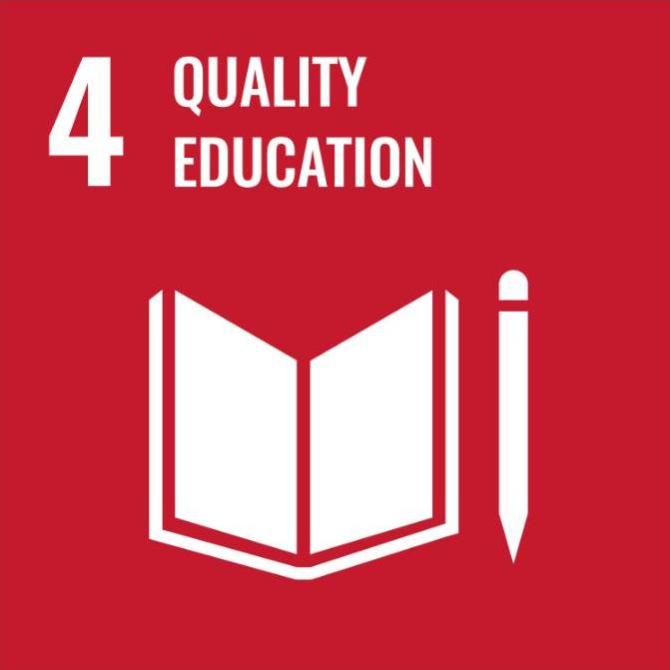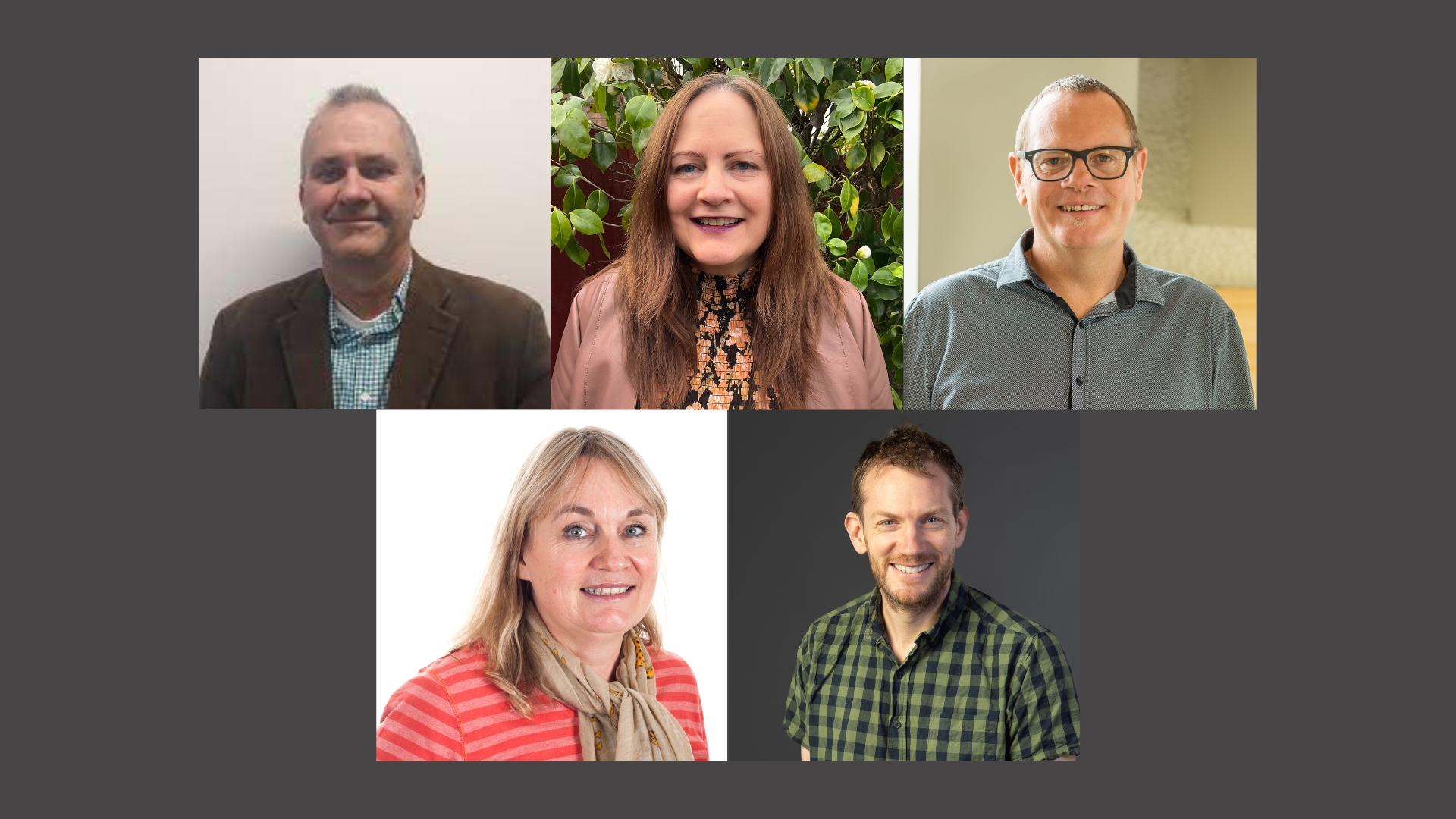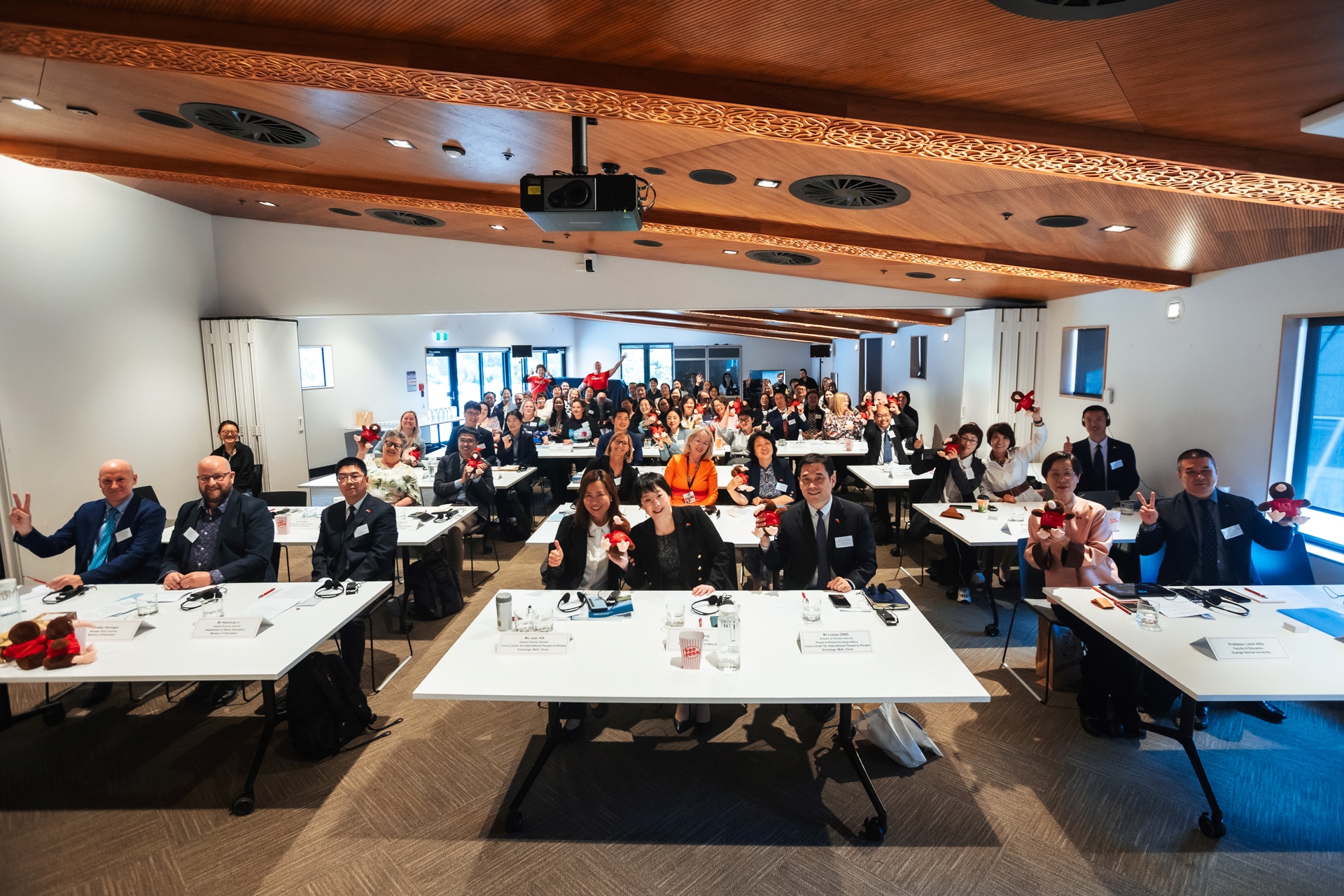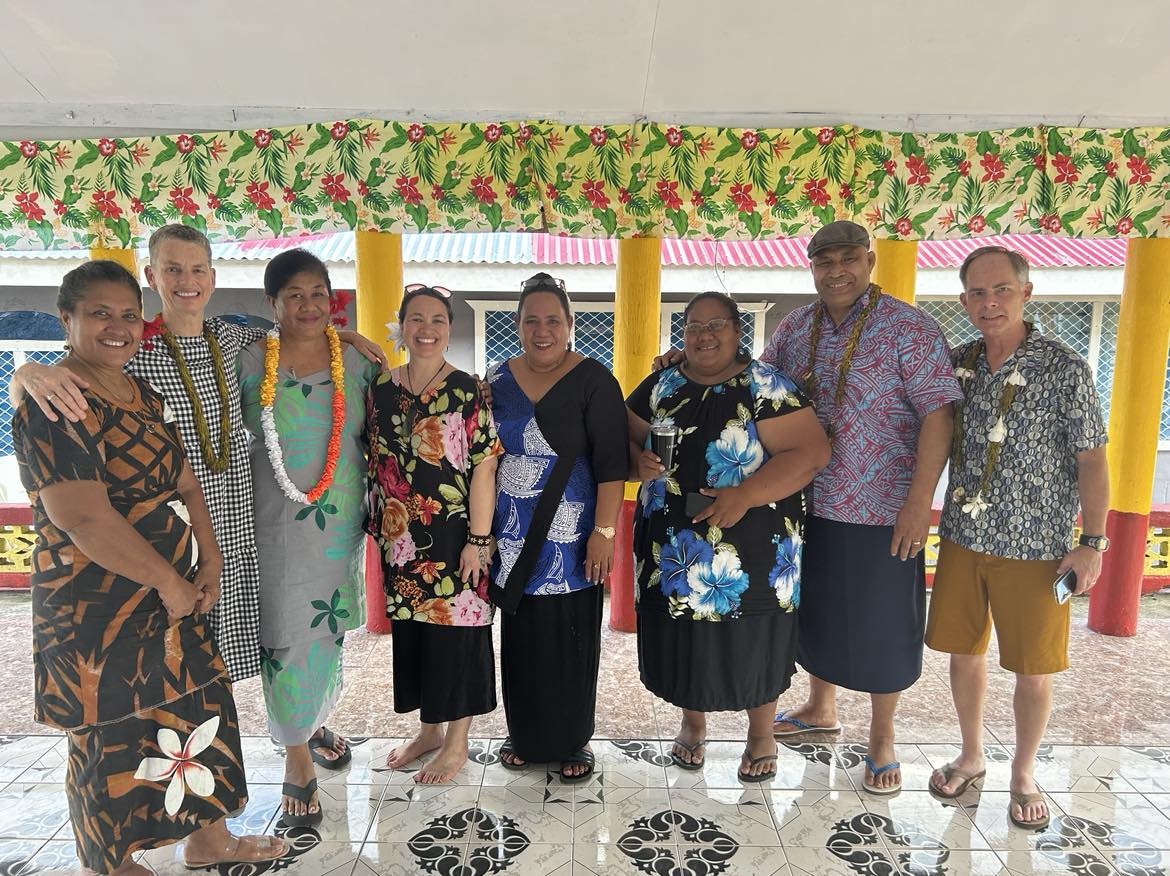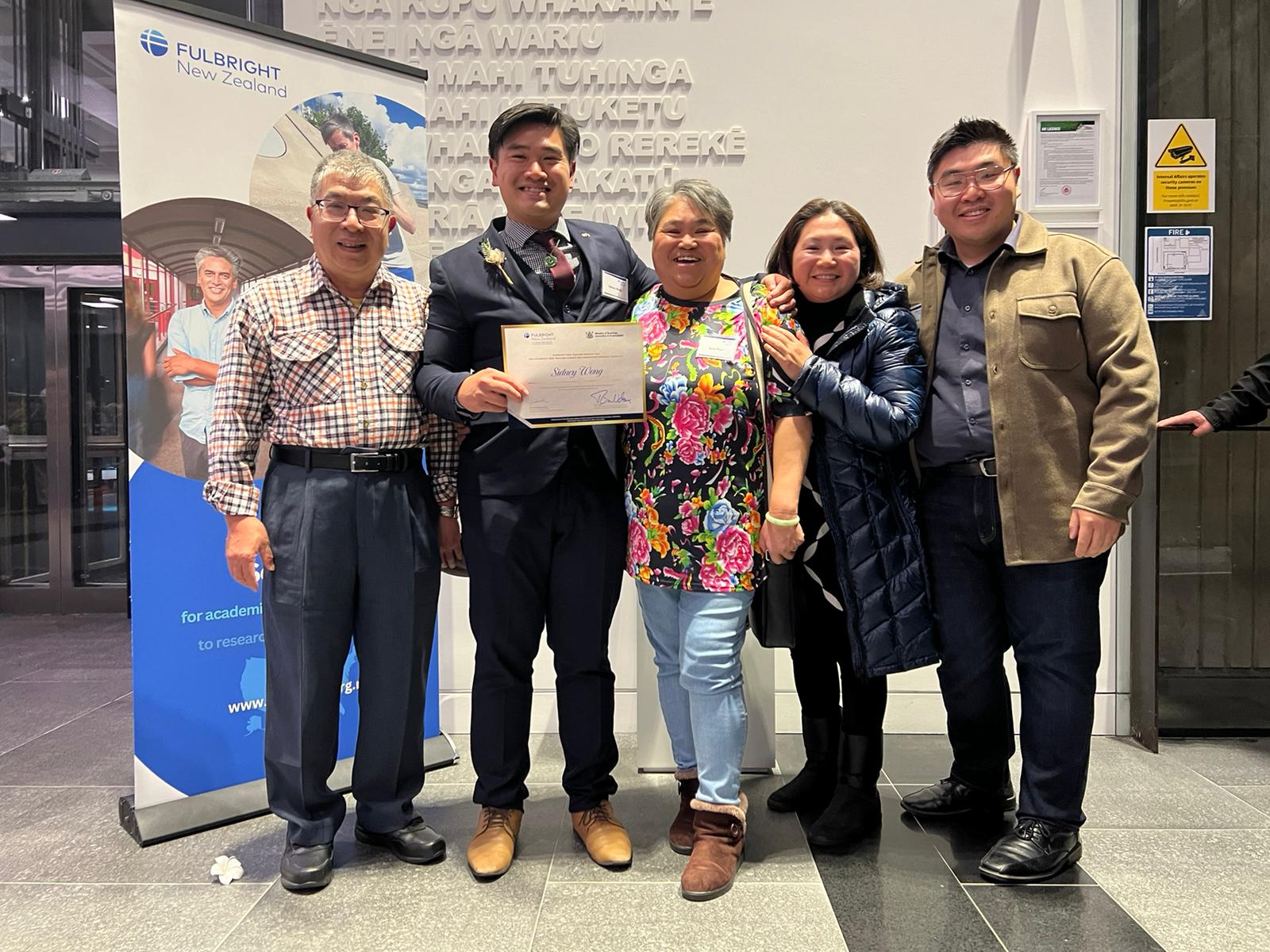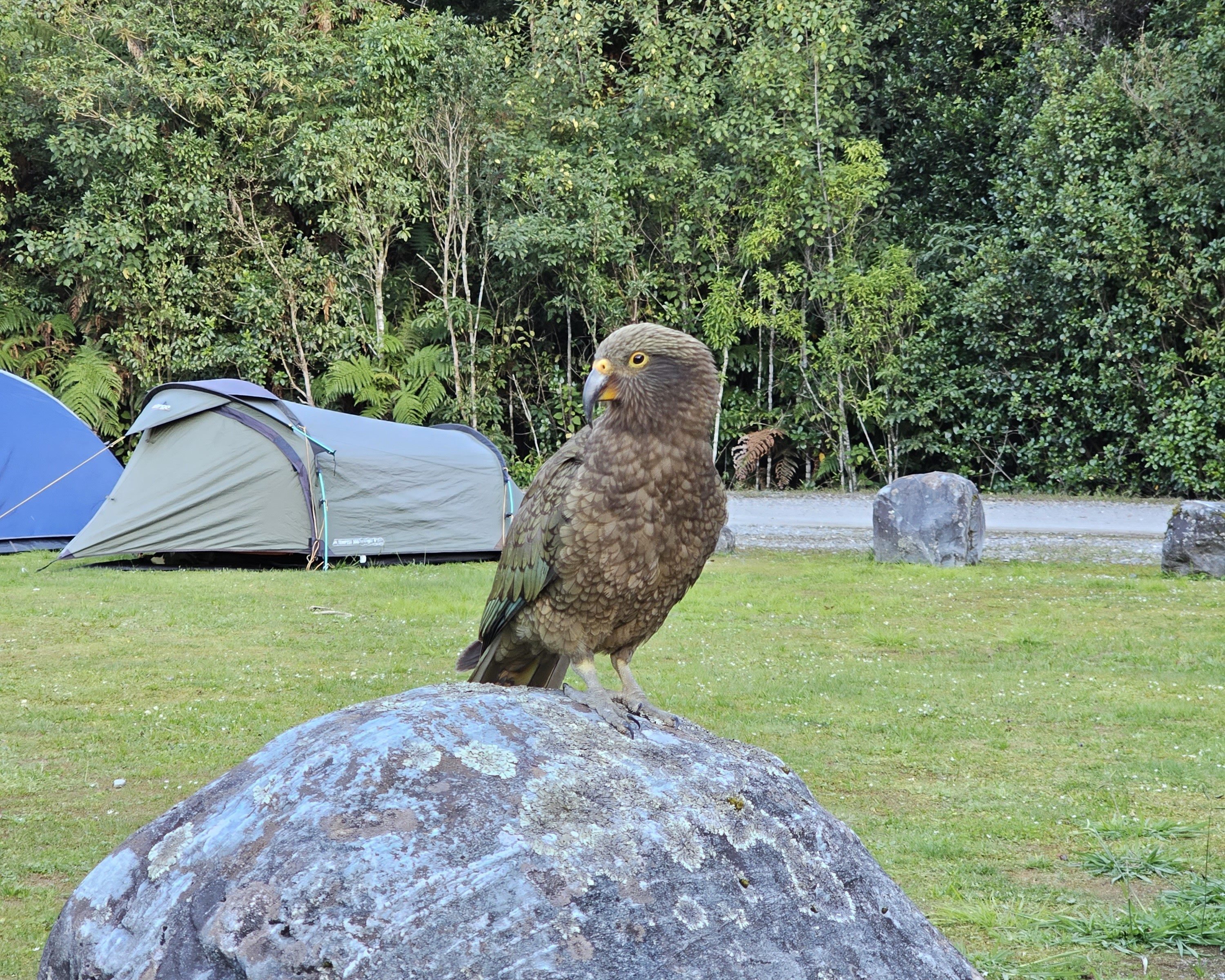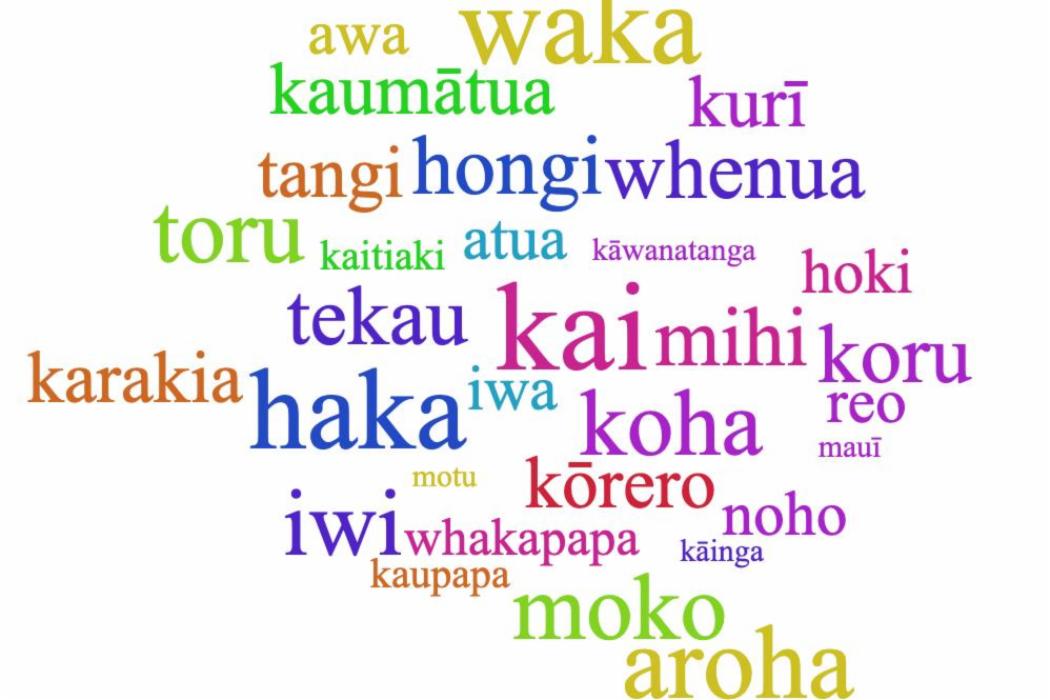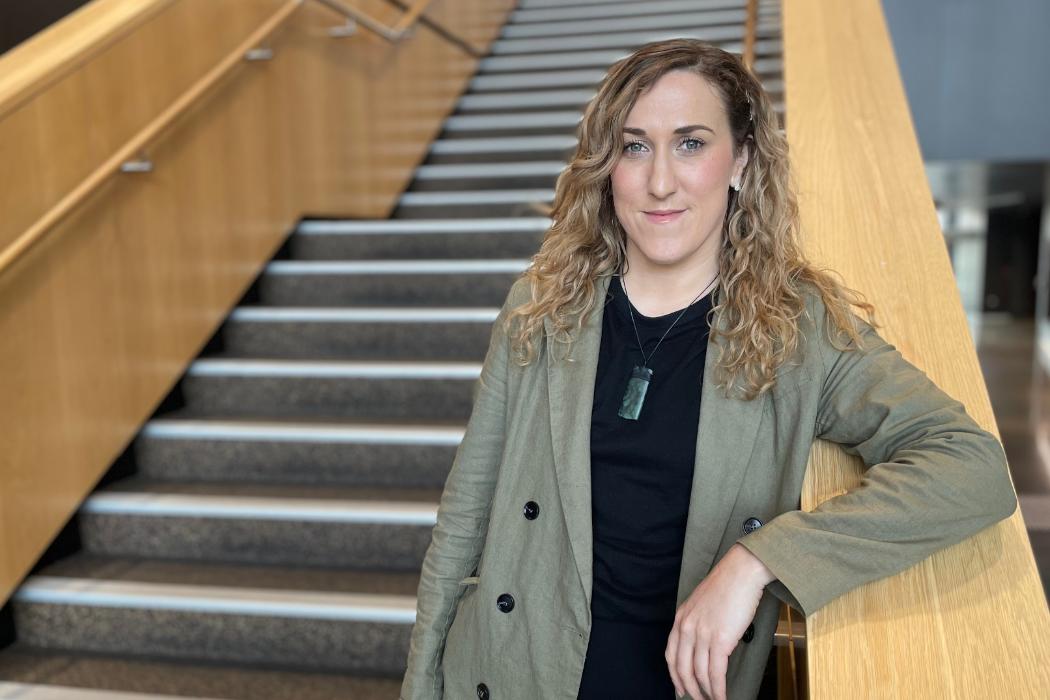Teachers reported major barriers including lack of time, access to professional development, prioritising the subject, and an inconsistent approach for RSE in schools. Many teachers commented that the majority of senior students do not have meaningful RSE.
Dr Dixon says she wasn’t surprised by the findings. “We knew from past research and evaluation that relationships and sexuality education can be inconsistently delivered in schools. Our research findings have reinforced this by indicating that, despite many teachers wanting to deliver best practice relationships and sexuality education, too many young people do not have access to effective and responsive learning at secondary school in this important part of the curriculum.
“We hope that the report will enable teachers to reflect on their practice and consider how relationships and sexuality education in their schools can be responsive to their learners’ needs,” Dr Dixon says.
While the survey shows that almost all teachers report teaching a wide range of topics, including consent, a disconnect has been clearly identified and young people believe RSE is not meeting their needs.
Family Planning Chief Executive Jackie Edmond says this survey supports calls from young people for better relationships and sexuality education in schools. “It’s unsettling to find through this survey that not much appears to have changed since the last report on RSE, and teachers are telling us they need support.
“We have an excellent set of guidelines on how schools should teach this area of the curriculum, but there are too many barriers and challenges to ensuring high quality and meaningful RSE that meets the evolving learning needs of our rangatahi,” she says.
Read a summary of the report for teachers here.
Read a summary of the report for a general audience here.
Read the full report here.


